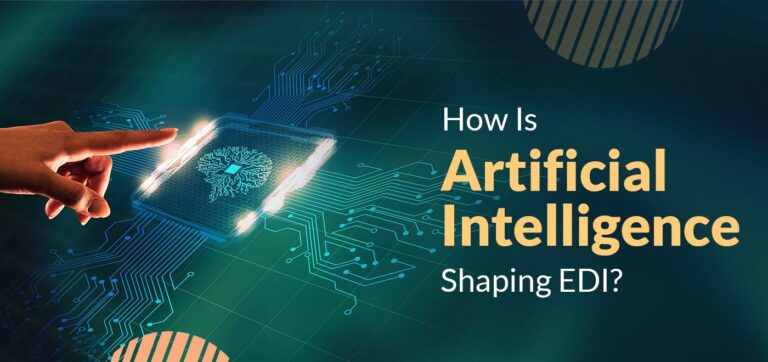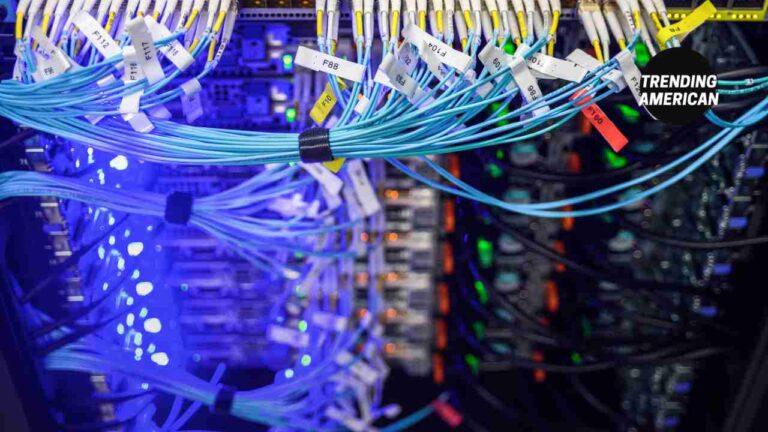Where to apply face recognition technology?
Face recognition technology significantly boosts security and law enforcement effectiveness. Used in public places like airports and train stations, it helps identify individuals on watchlists, enhancing public safety. Law enforcement agencies use it to locate suspects and missing persons, analyzing footage from various cameras. Companies integrate it into access control systems, improving premises security.
Transforming Retail and Marketing
In retail, face recognition personalizes shopping experiences. High-end stores identify returning customers, offering tailored services based on past purchases. It also helps prevent shoplifting and fraud by recognizing individuals with a history of such behaviors.
Advancements in Banking and Finance
The finance sector employs face recognition for secure transactions. ATMs and mobile banking apps use this technology for identity verification, providing a safer alternative to traditional methods.
Face Recognition in Healthcare
Healthcare institutions use face recognition for patient identification and management, reducing medical errors. It assists in monitoring patients prone to wandering and is being explored for non-invasive disease diagnosis based on facial features.
Impact on Personalized Advertising and Entertainment
The advertising and entertainment industries are also adopting face recognition. In advertising, this technology can tailor ads to individuals in real-time, based on their demographic or emotional responses. Movie theaters and entertainment venues might use it to gauge audience reactions and customize experiences and content. Check out the Example of FRVT 1:n performance.
Enhancing Hospitality and Travel
Hotels and airlines are adopting face recognition for faster check-ins and personalized services. In airports, it streamlines processes like baggage drop and boarding, enhancing the travel experience while maintaining security.
Application in Education
Educational institutions are adopting face recognition for attendance management. This technology automates record-keeping, saving time and ensuring accuracy. It also helps in maintaining campus security by monitoring access to facilities.
The Future and Ethical Considerations
As face recognition technology integrates into various sectors, ethical concerns about privacy and data security arise. Responsible use, clear regulations, and respect for individual privacy are crucial for its sustainable integration into society. Read more on NIST FRVT evaluation participant.
Expanding Into Smart Cities
Face recognition technology is set to play a pivotal role in the development of smart cities. By integrating with city surveillance systems, it can enhance public safety, manage traffic flow, and even assist in urban planning. In smart cities, face recognition can be used for efficient allocation of resources like public transport and energy, based on the analysis of population movement patterns.
End Note
Face recognition technology, with its diverse applications, is poised to reshape numerous aspects of our daily lives. From improving public safety and personalizing shopping experiences to streamlining financial transactions and enhancing healthcare services, its benefits are vast.







